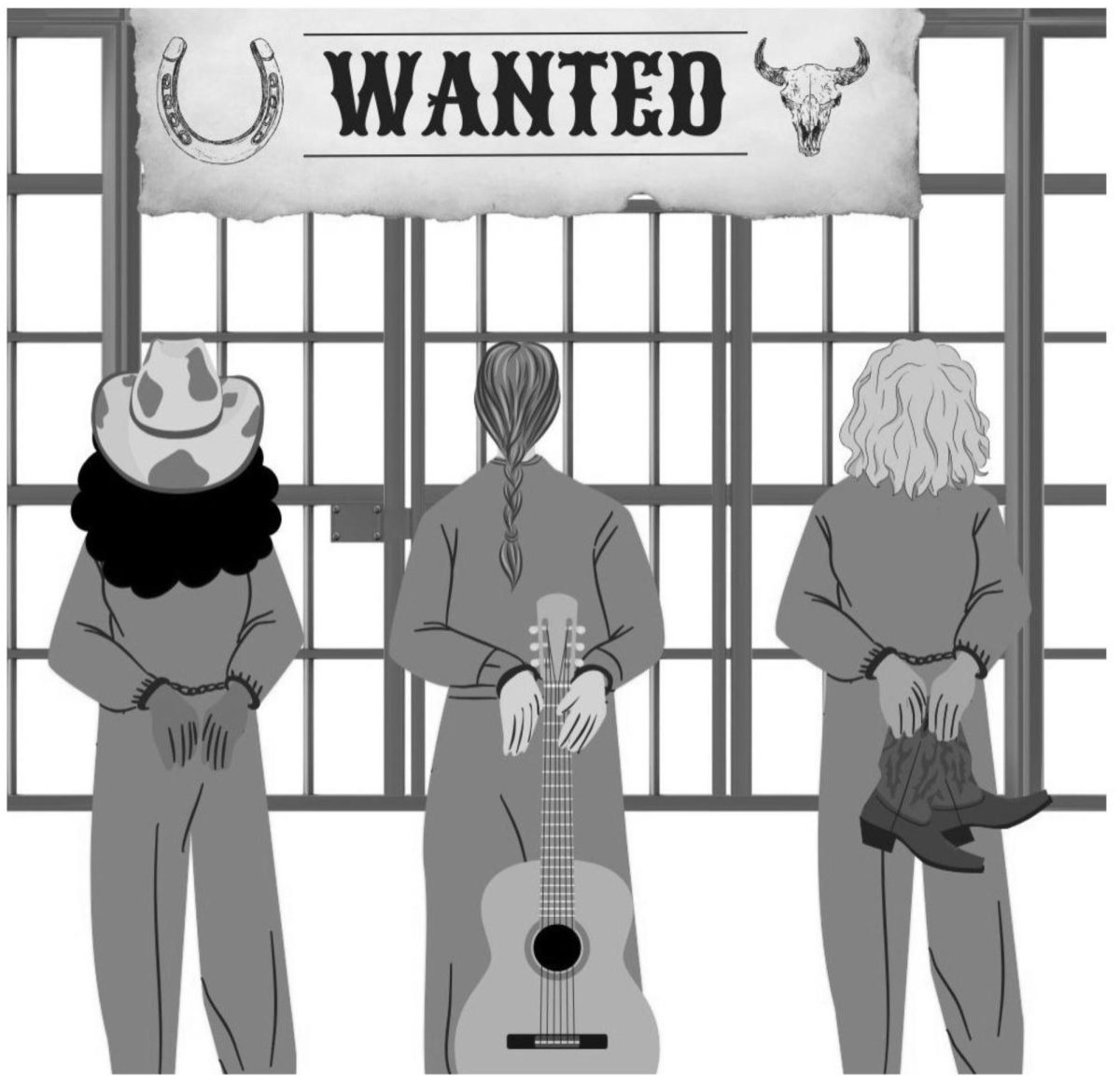The Federal Communications Commission (FCC), the agency responsible for the regulation of radio transmissions, announced that it will indefinitely ban male artists from country music radio as of April 1. The agency noted that the drastic quality differential between men and women in country music prompted the regulation.
Country music fans have long noted the seemingly inverse gendered relationship between quality and industry recognition, with women being, on balance, more talented with less acclaim. By contrast, men dominate the country music industry despite their wide recognition by fans for being worse at producing music.
The bias against women (and conservative bias in general) in country music is longstanding, most famously illustrated by the radio blacklisting of The Chicks in 2003 after member Natalie Maines spoke out against the Iraq War and George W. Bush. After Maines said “We do not want this war, this violence, and we’re ashamed that the president of the United States is from Texas,” country music stations declined to play the group’s music.
Fellow country star and self-described patriot Toby Keith then began personally feuding with the group, displaying a photo of Maines next to Saddam Hussein at his concerts. Keith went on to perform at former President Donald Trump’s inauguration in 2016 before his death in February 2024.
Despite their political differences, both The Chicks and Keith will be unaffected by the ban — Keith because he is dead, and The Chicks because they are talented.
A country music radio executive, who requested anonymity due to fear of professional retaliation, noted that the industry has artificially propped up white male artists due to its alignment with conservative politics, in spite of the popular tastes of audiences.
“We’ve gotten complaints about it for years,” the executive said. “But ultimately, our investors have an interest in maintaining a conservative image, and we respond to that.”
Despite their political differences, both The Chicks and Keith will be unaffected by the ban — Keith because he is dead, and The Chicks because they are talented.
The announcement sparked widespread reactions among the Fordham community, particularly among Rams who enjoy country music.
Pat Myaz, Fordham College at Lincoln Center (FCLC) ’26, expressed her excitement about the regulation, explaining that she had been forced to actively seek out women’s music rather than simply turning on the radio.
“Kacey Musgraves, Kelsea Ballerini, Taylor Swift, Beyoncé, Shania Twain, et cetera, et cetera. It’s beyond clear that women just make better music,” Myaz said. “I just don’t want to listen to the 85th variation of the same boring white man singing about how much he likes to look at boobs.”
Aspiring country music star Ella Gant, FCLC ’24, noted her excitement at having an increased chance of a breakthrough in the industry.
“I thought my chances were low, to be honest, or that I’d have to incorporate more pop influences than I really want to,” Gant explained. “Now I know I can focus on true country music, without having to worry about being outshone by yet another ‘I Love Beer and the U.S.A.’ song.”
The announcement sparked widespread reactions among the Fordham community, particularly among Rams who enjoy country music.
Despite the overwhelming popularity of the new regulation, a minority of country music fans expressed disappointment.
Drew Peacock, Gabelli School of Business at Lincoln Center ’27, said he prefers to listen to music by men because “women’s issues” are not relatable or familiar to him.
“I’ve never talked to a woman up close,” Peacock said. “Why would I want to listen to music by one of them?”
Despite admitting to never having interacted with a woman, Peacock went on to describe his view that “the only things women care about are cooking, cleaning and watching ‘The Bachelor’ — and that’s how I like it.”
While the regulation may alienate certain sectors of the country music fan base, FCC regulators remain optimistic that the policy will have an overall positive impact on the media landscape.
“What is right isn’t always what’s popular,” FCC chair Jessica Rosenworcel said. “Men have lost their music-making privileges. Someone needed to intervene.”


